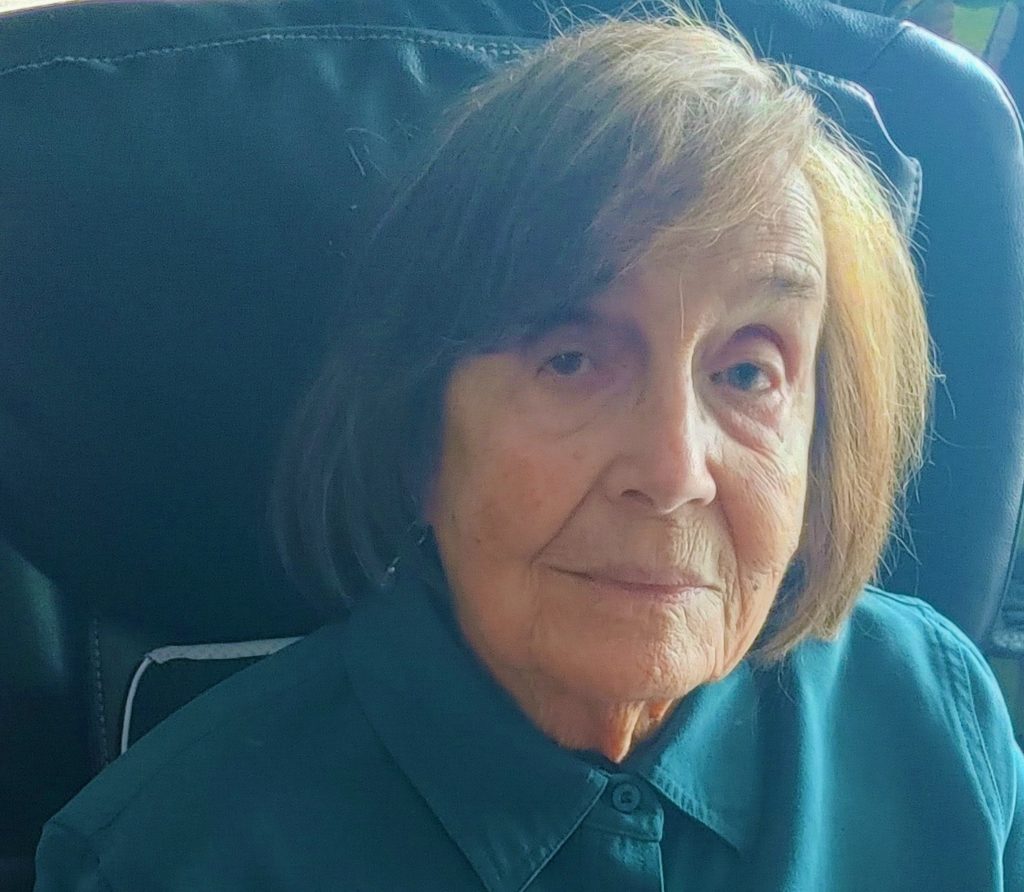Congratulations to Emerita Professor Frances Henry on being appointed to the Order of Canada, Canada's highest civilian award. This appointment is in recognition of her “groundbreaking contributions to the study of racism in contemporary society” (Governor General’s New Year Honours, December 29, 2021).

Professor Henry’s scholarship and applied work on racism has a long history that leaves its mark on our department’s present. In the 1980s the findings of her pioneering study of “who gets the work” sent shock waves through metropolitan Toronto as she documented and revealed how colour, accent, social class, immigrant status - the various signifiers of race - worked against social inclusion and as racism determined prospects for employment and the possibilities and difficulties for social justice in the city. In 1989 she was made a Fellow of the Royal Society of Canada. This pioneering and ‘groundbreaking’ work of the eighties was foundational to her subsequent and prolific studies of institutional racism, conducted in and across multiple sites and institutions, including persistence of racism in higher education and universities in particular, producing a vast corpus of scholarship in the decades that followed.
Professor Henry’s work began at a time when Anthropology was focused largely on ethnic studies and cultural difference. Her work moved this traditional and popular orientation away from the study of “life styles” to a critical engagement with how “life chances” are compromised and frustrated by the persistence of institutional racism. The shift was reflected not only in her scholarly and applied work but also in her teaching, where she developed courses (most notably The Paradox of Racism) that focused on the persistence of racism in contemporary society. Her scholarly orientation ran contrary to popular and populist beliefs in the anthropologist as the objective and detached observer, emphasizing instead “engaged,” “activist,” and “advocacy” approaches as foundational to the discipline and reflective of our department’s motto of “making knowledge count.” Her public advocacy work in recent years includes expert witnessing in matters of the law in ways that weld the academic and the applied.
Professor Henry has insisted on a cooperative approach in her work and research on institutional racism. One of her close collaborators and co-author over the years has been Carol Tator, who has herself served as adjunct professor in our department teaching a highly popular final year undergraduate seminar, Intercultural Training Skills. Carol Tator was also appointed to the Order of Canada this year for her “advocacy of social justice and for her commitment to identifying and dismantling systematic racism in Canadian Society. We congratulate her warmly on this well-deserved recognition.
The threads that are interwoven in Professor Henry’s corpus of work extend beyond the specific focus on contemporary racisms. Her concern with histories of racisms is evident in her book on The Forgotten Canadians: the Blacks of Nova Scotia (1976). Related concerns also took her back to the ‘small town’ in Germany from which she and her parents had fled with the rise of Nazism. Interviewing “Jews and Gentiles” there culminated in her Victims and neighbors: a small town in Nazi Germany remembered (1984) raising questions about localized knowledge of the Holocaust
But the beginning of her career as an anthropologist started with her formative fieldwork in the late 1950s that focused on religion and synchronism in Trinidad, specifically on what was then called “the Shango Cult”. This early work was revisited in a new context fifty years later in her book, He Had the Power: Pa Neezer, the Orisha King of Trinidad (2008). More generally, her enduring interest in the Caribbean and its diasporas was reflected in The Caribbean Diaspora in Toronto (1994). More recent works revisit these histories of Caribbean migrations.
Perhaps less known about the personal and political life of Professor Henry is the way “carnival meets opera” in pleasure and work. She is passionately interested in, and has a formidable knowledge of, European opera and is a leading scholar of Wagner and a keen and long-time Chair of the Toronto Wagner Society.
Professor Henry has brought a rich, eclectic and passionate history to her “groundbreaking contributions to the study of racism in contemporary society”. The Department of Anthropology celebrates her appointment to Canada’s highest civilian award, the Order of Canada.
